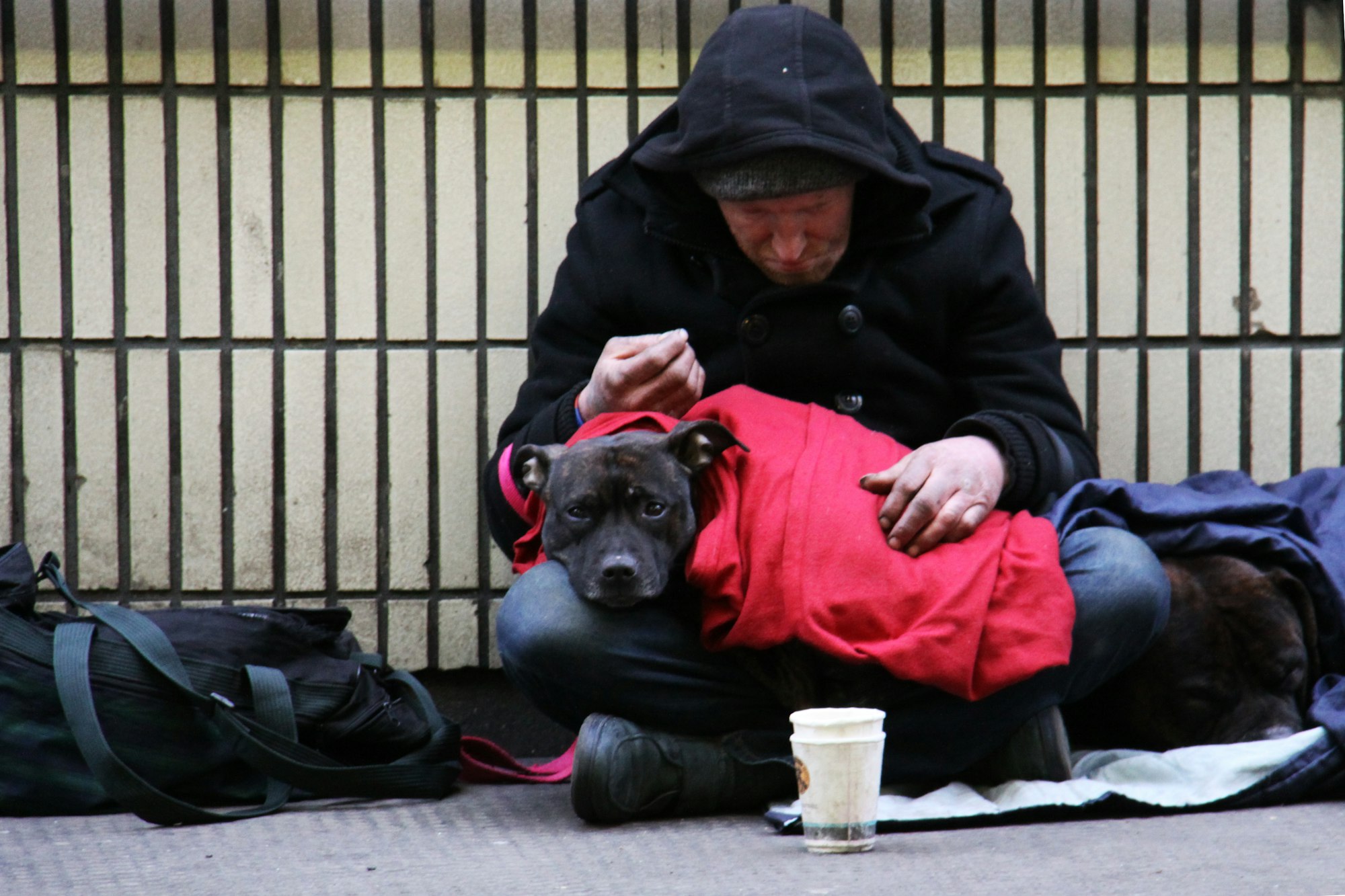Ontario's anti-panhandling act ruled as unconstitutional

In a recent ruling by the Superior Court, it was determined that Ontario's anti-panhandling legislation, the Safe Streets Act of 1999, infringes upon Charter-guaranteed rights, including the freedom of expression and the presumption of innocence.
The Act, which aims to restrict begging and panhandling under specific circumstances and imposes fines for violations, was found to be in conflict with sections 2(b) and 11(d) of the Canadian Charter of Rights and Freedoms. These sections safeguard the rights to free expression and the presumption of innocence, respectively.
Superior Court Justice Robert Centa declared that certain provisions of the Act are invalid as they contravene these fundamental rights. According to Nicolas Rouleau, representing the applicant Fair Change, the judgment will facilitate a more compassionate legislative framework that acknowledges the rights of individuals engaging in panhandling to communicate their need for assistance.
Fair Change, a student-operated legal clinic providing pro bono services, advocated on behalf of individuals who are penalized for panhandling and loitering. The challenge raised by Fair Change argued that the Act violated multiple sections of the Charter, including rights concerning freedom of expression, life, liberty, and security of the person, as well as protection against cruel or unusual treatment and equality.
The Safe Streets Act contains specific prohibitions, such as section 2(2) which forbids soliciting in an aggressive manner that could reasonably cause concern for one's safety and security, and section 2(3) which prohibits soliciting while under the influence of drugs or alcohol, due to the potential to induce fear among the public. Additionally, section 3(2) of the Act restricts solicitation in various public settings, including near ATMs, payphones, public restrooms, taxi stands, transit stops, and vehicles on roadways.
While Justice Centa found section 2(2) to be constitutional, he ruled that most of section 2(3) was unconstitutional as it violated the presumption of innocence. He also upheld the constitutionality of the prohibition on squeegeeing, a decision consistent with previous rulings by the Court of Appeal in 2007. However, he determined that the restrictions under sections 3(2)(a) to (e) unjustly infringed upon freedom of expression, though he maintained that the ban on soliciting motorists on roadways was lawful.
The arguments presented by Fair Change concerning violations of sections 12, 7, and 15 of the Charter were not accepted by Justice Centa.
"This decision affirms that the Safe Streets Act is an unconstitutional restriction of the freedom of unhoused and low-income people who seek donations from the public in order to survive and live with dignity," Harini Sivalingam, the CCLA's director of the equality program, wrote in a statement.
